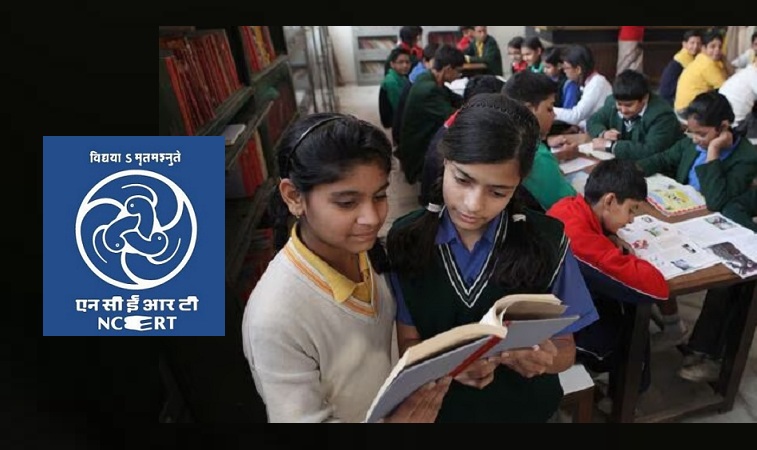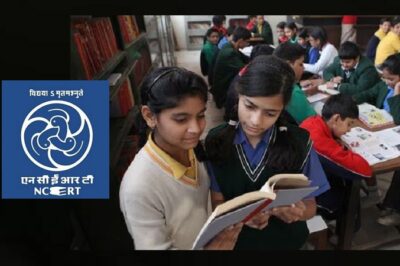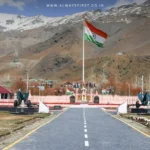
Uncovering the Scale of Piracy
In a significant move to protect the integrity of educational resources, the National Council of Educational Research and Training (NCERT) has, over the past 14 months, seized more than 5 lakh pirated textbooks across India. This extensive operation, conducted in collaboration with state police forces, also led to the confiscation of printing machinery and paper valued at over ₹20 crore. A total of 29 First Information Reports (FIRs) have been registered against individuals involved in the illegal printing, warehousing, and distribution of these counterfeit books.
Major Raids and Arrests
One of the most notable actions in this crackdown occurred in Muzaffarnagar, Uttar Pradesh, where NCERT and local police raided a warehouse, uncovering over 1.5 lakh pirated textbooks worth approximately ₹2 crore. The operation also resulted in the seizure of a truck, two cars loaded with counterfeit books, and numerous printing plates. Eight individuals were arrested on the spot.
In a related operation, a printing press in Samalkha, Haryana, was raided, leading to the discovery of additional pirated textbooks, printing plates, and machinery. These coordinated efforts highlight the widespread nature of the piracy network and the authorities’ commitment to dismantling it.
Health and Educational Implications
The proliferation of pirated textbooks poses significant risks beyond intellectual property violations. These counterfeit books are often produced using substandard materials, including low-quality paper and potentially toxic inks, which can be harmful to students’ health. Moreover, the content in these unauthorized copies may be outdated or factually incorrect, undermining the quality of education and potentially leading to misinformation among students.
NCERT’s Proactive Measures
In response to the piracy issue, NCERT has implemented several measures to ensure the availability of authentic textbooks and curb the distribution of counterfeit copies. These initiatives include improving the quality of paper and printing for official textbooks, ensuring timely printing and distribution to meet demand, and making textbooks available on major e-commerce platforms without delivery charges to increase accessibility.
Additionally, NCERT has taken legal action against a paper mill in Kashipur found to be producing counterfeit NCERT watermarked paper, further demonstrating its commitment to preserving the authenticity of educational materials.
Legal Framework and Enforcement
Piracy of educational materials is a cognizable offense under the Copyright Act of 1957. NCERT has adopted a zero-tolerance policy towards such infringements, emphasizing that any individual or entity found publishing NCERT textbooks, in whole or in part, for commercial purposes without obtaining explicit copyright permission will face legal consequences.
The council has also issued advisories cautioning publishers against unauthorized use of its textbook content and urging stakeholders to adhere strictly to copyright laws. These advisories serve as a warning to deter potential infringers and protect the integrity of educational resources.
Ongoing Investigations and Future Outlook
Investigations are ongoing to identify and apprehend the masterminds behind the large-scale piracy operations. NCERT continues to work closely with law enforcement agencies to dismantle the networks involved in the illegal production and distribution of pirated textbooks. The council also encourages the public to report any instances of counterfeit textbooks, reinforcing a community-driven approach to combating piracy.
Through these concerted efforts, NCERT aims to safeguard the quality and authenticity of educational materials, ensuring that students across the country have access to accurate and reliable textbooks essential for their academic growth.









































Leave a Reply